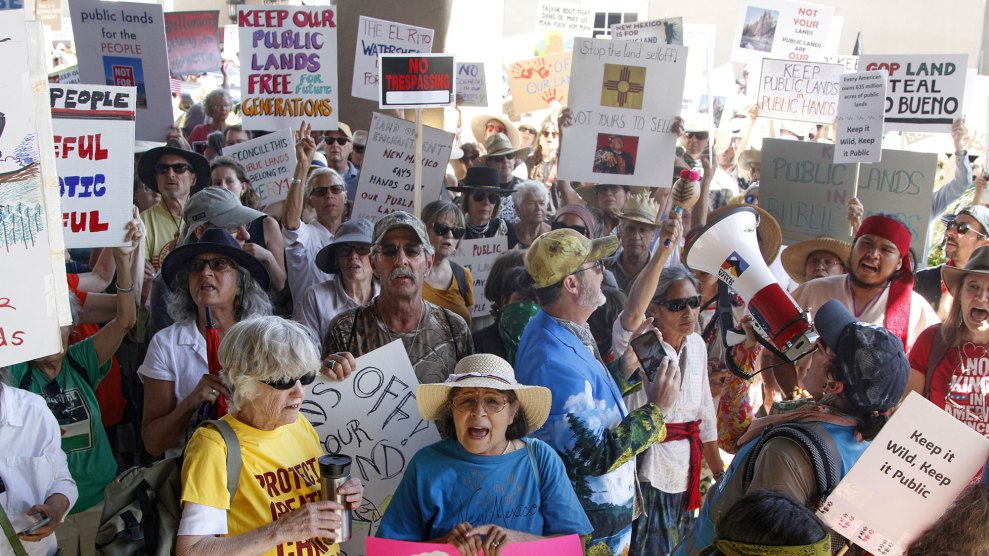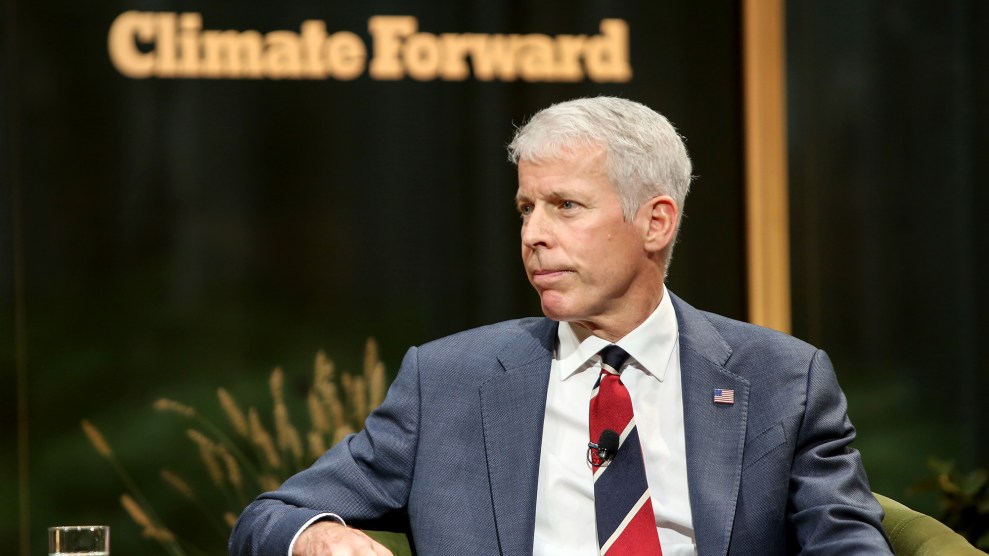
iStock/Getty
Last week, a federal appeals court delivered a ruling that effectively bans a group of widely used herbicides made by three of the globe’s biggest agrichemical firms: Bayer (formerly Monsanto), Corteva (formerly DuPont), and BASF. The reason: The weed-killing products, versions of the chemical dicamba, have a tendency to drift off-target and kill the wrong foliage, including neighbors’ crops. (More here.) The Environmental Protection Agency, the court ruled, had allowed the products’ continued use despite mounting evidence of harm.
In an extraordinary move, the EPA announced late Monday it would only partially abide by the court order. The agency agreed to halt sale and distribution of the chemicals, but gave the green light to farmers to spray fields with “existing stocks that were in their possession on June 3, 2020, the effective date of the Court decision.” In the press release, the agency declared dicamba a “valuable pest control tool,” and declined to mention its propensity to stray from targeted fields.
“The Trump administration is again showing it has no regard for the rule of law,” George Kimbrell, legal director of the Center for Food Safety and lead counsel in the case, said in a statement. The EPA’s move to allow continued dicamba spraying “ignores the well-documented and overwhelming evidence of substantial drift harm to farmers from another disastrous spraying season,” and “ignores the comprehensive analysis by the Court of these harms.” He added: “All users who continue to not seek alternatives should be on notice that they are using a harmful, defective, and unlawful product. We will bring the EPA’s failure to abide by the Court’s order to the Court as expeditiously as possible.”














